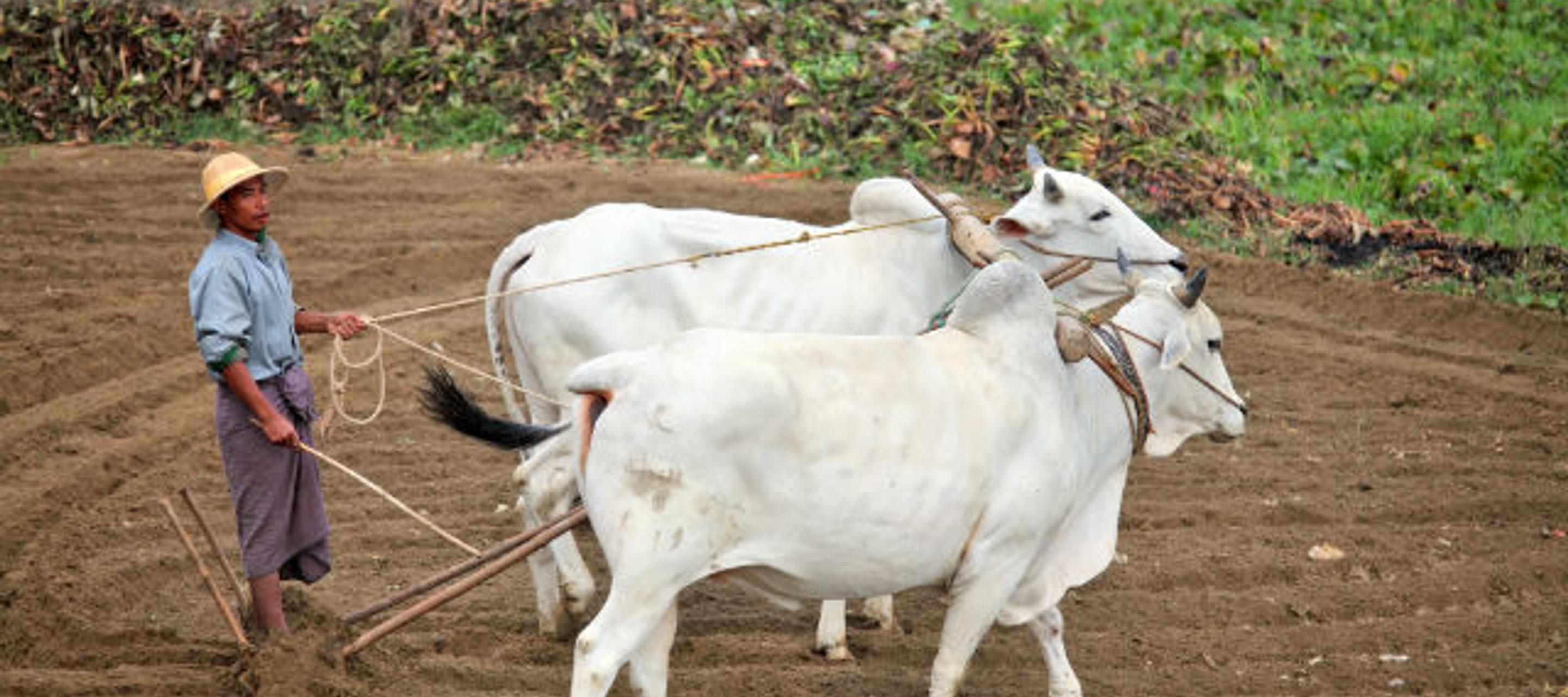2016 Consultation on Renewing the U.S. Reporting Requirements on Responsible Investment in Burma/Mya
25 January 2016

Background
In May 2012, the US President announced the decision to ease certain financial and investment sanctions on Burma/Myanmar in response to the democratic reforms that have taken place in that country over the past year.
In July 2012, the U.S. Government implemented these changes to permit the first new U.S. investment in Burma/Myanmar in nearly 15 years, asserting that the participation of U.S. businesses in the Burmese/Myanmar economy will set a model for responsible investment and business operations as well as encourage further change, promote economic development, and contribute to the welfare of the Burmese/Myanmar people.
These changes included certain restrictions, such as not authorising new investment with the Burmese/Myanmar Ministry of Defense, state or non-state armed groups or dealings with persons on the Specially Designated Nationals list. This was due to continuing concerns about the protection of human rights, corruption, and the role of the military in the Burmese/Myanmar economy.
These changes were implemented through the issuance of two general licenses by the U.S. Treasury Department’s Office of Foreign Assets Control (OFAC). General License No. 16 authorised the exportation of financial services to Burma/Myanmar. General License No. 17 authorised new investment into Burma/Myanmar.
The July 2012 changes also included a new requirement that any U.S. person (both individuals and entities) engaging in new investment in Burma/Myanmar under General License 17 whose aggregate new investment exceeds $500,000 must file reports with the State Department annually, and include information regarding policies and procedures with respect to human rights, workers’ rights, environmental stewardship, land acquisitions, arrangements with security service providers, and, aggregate annual payments exceeding $10,000 to Burmese government entities, including state-owned enterprises. The requirements apply to any new investment, whatever corporate form it might take. In addition, individuals or entities undertaking new investment entered into with the Myanma Oil and Gas Enterprise (MOGE) were therefrom required to notify the State Department within 60 days of their new investment.
These first of their kind “Reporting Requirements on Responsible Investment in Burma” were intended to promote greater transparency and encourage civil society to partner with our companies toward responsible investment.
Following a series of public consultations, the Reporting Requirements took effect on 23 May 2013. In September 2013 the U.S. Government issued a fact sheet answering frequently asked questions about the Reporting Requirements.
In July 2013, the first five reports under the Reporting Requirements were made available. To date, 32 company reports from the manufacturing, oil and gas, and services sectors have been submitted under the Reporting Requirements.
Comments on the Reporting Requirements
The current term of the Reporting Requirements lapses on 31 May 2016. Building on its two earlier sets of comments, this IHRB submission is made in strong support of the extension of the Reporting requirements for a new term.
IHRB continues to recommend that the US Reporting Requirements serve as a model for other governments and intergovernmental groupings to require companies under their jurisdictions to report on their investment activities in Myanmar. They can also serve as a model for other jurisdictions in the world newly opened to international investment, where a cautious welcome is appropriate for international engagement and investment accompanied by similar reporting requirements.



